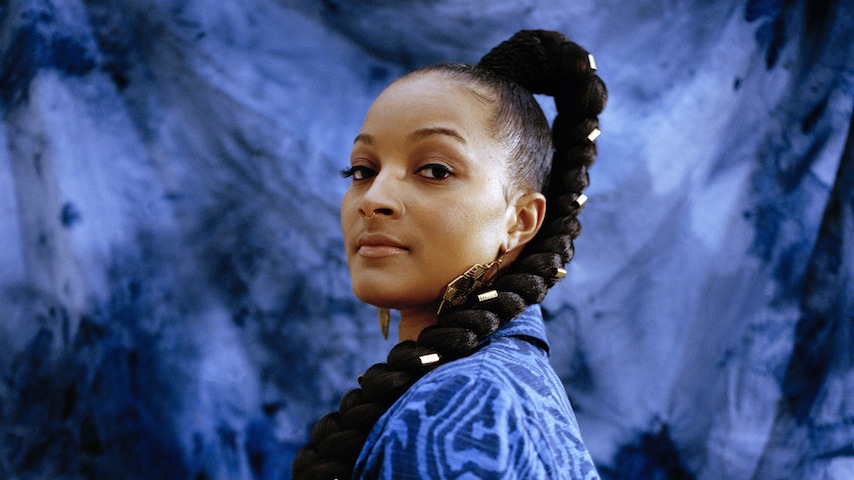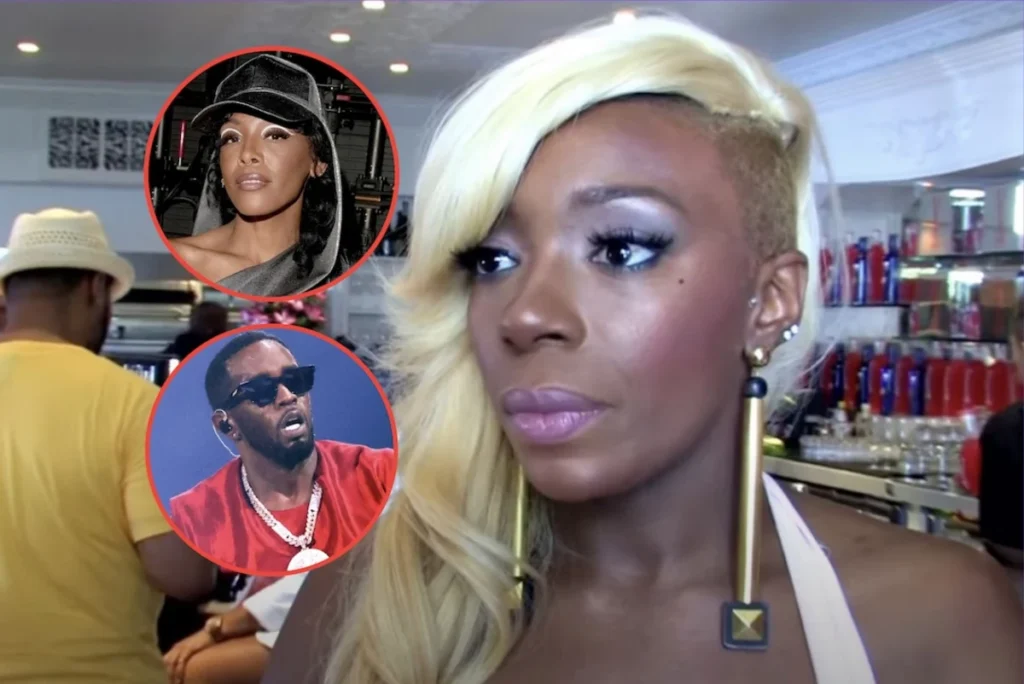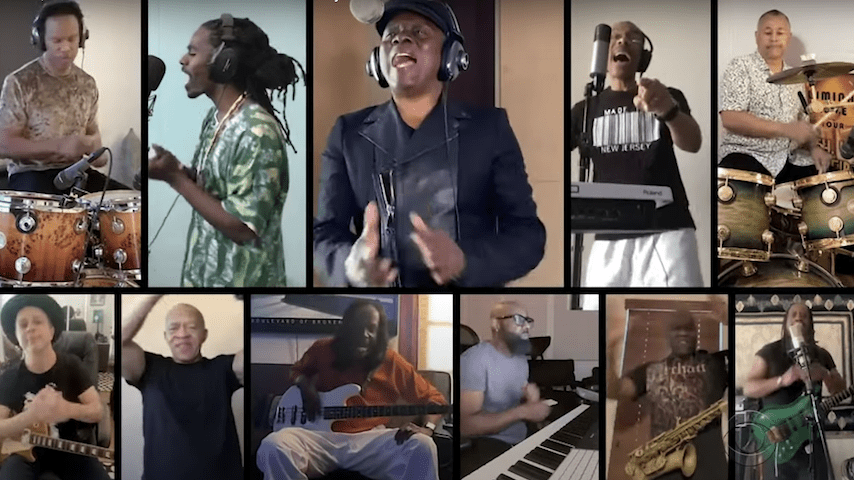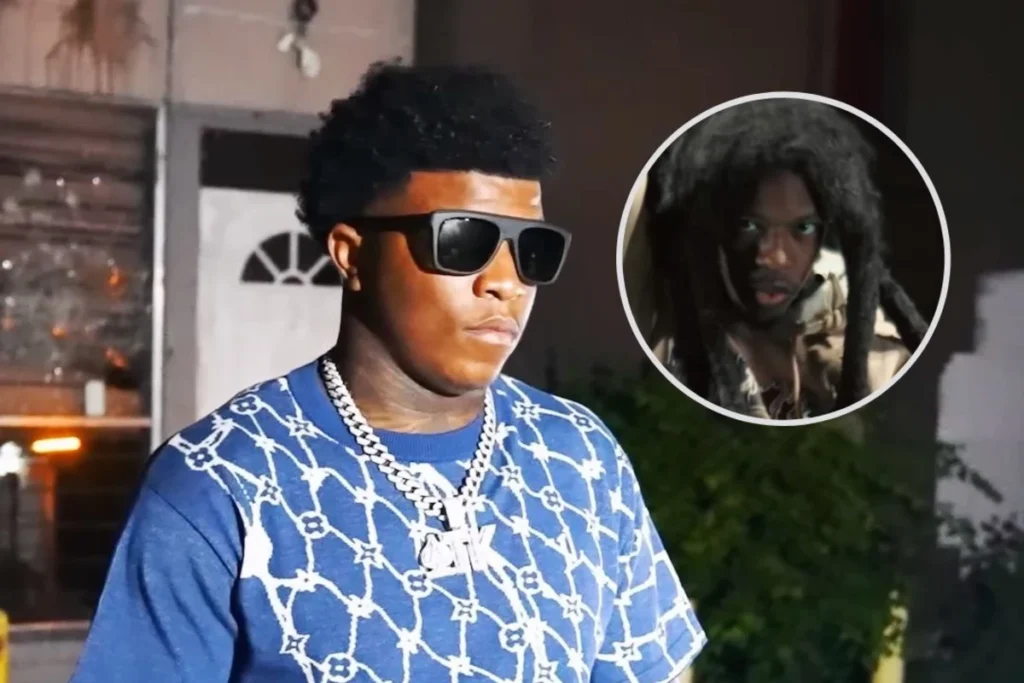For years, Paste has introduced exciting, up-and-coming artists to our readers. This is the return of The Best of What’s Next, a monthly profile series which highlights new acts with big potential—the artists you’ll want to tell your friends about the minute you first hear their music.
As far as musical subcultures go, few have yielded as many alluring recent discoveries as the emerging London jazz scene. Much like when Kamasi Washington, Thundercat and their Los Angeles-based West Coast Get Down cohort thrusted their indelible body of work into international consciousness in the mid-2010s, there’s now a similarly bonded (but younger) community of musicians emanating from London, poised to make breakouts both inside and out of the boundaries of traditional jazz music.
The days of this music being solely confined to the smoky white tablecloth-set jazz club are behind us. Hip-hop and electronic influences are increasingly prevalent in the London scene, as they collide with jazz and traditional African music. Through Londoners like Mercury Music Prize-nominated drummer Moses Boyd, convention-shattering tuba player Theon Cross, Afrobeat collective KOKOROKO and Jazz FM’s reigning U.K. Jazz Act of the Year saxophonist Nubya Garcia, jazz is tapping into its roots of counterculture expression and galvanizing modern fan bases. Vinyl pressings across the board are selling out, and now, people are actually dancing at jazz shows (when we could still enjoy such things, obviously).
“We’re in a special time where people’s minds are being challenged and it kind of opened up,” Garcia says. “Jazz has meant a lot of different things to a lot of people in the past and genre is getting less and less important, so it’s creating accessibility to people of all ages, backgrounds and class.”
At 29, Garcia is doing her part to open the floodgates of U.K. jazz back up and illuminate the roots of the music and herself. Raised in London’s Camden Town and born to a Guaynese mother and Trinidadian father, Garcia studied at both the Royal Conservatory of Music and at the prestigious Trinity Laban Conservatoire of Music and Dance. But atop her classical training, she’s a resident DJ on London’s buzzy NTS Radio and recently filled in for U.K. alpha tastemaker Gilles Peterson on his BBC Radio show, playing cuts by everyone from Sister Nancy and Ahmad Jamal to Yoruba Andabo and Erykah Badu—influences who have helped shape the compositions of her debut full length album, Source, out Aug. 17 on Concord Jazz.
But beyond just the music, the origins of these songs as they pertain to Garcia’s own background is at the core of Source.
“I was born in this country [England] and grew up here, but my family isn’t English,” Garcia says. “So I wanted to incorporate more of my identity in terms of the fact that my family is from the Caribbean. Music is a huge representation of a country and its culture. Reggae, dub, calypso, soca—all these styles that come from the Caribbean—and I just wanted to sprinkle some of that joy on the record.”
Where her first EP, When We Are, showed hip-hop sensibility, and her follow-up, Nubya’s 5ive, flexed contemporary jazz fluency, Source flashes more fully-formed production from Garcia and co-producer Kwes along with a palpable sense of intent. The album’s title track is a 12-minute opus brimming with that Afro-Caribbean influence Garcia describes alongside technical mastery from the collective backing. Joe Armon-Jones’ calypso keys at the top of the song unfurl into sheer jazz heat as the track builds to a peak. The arrangement features an additional horn section, giving it a dancehall feel, alongside gleaming stand-up bass from Daniel Casimir, while Garcia steps in and out of the limelight to boldly make a statement on the sax without saying a word.
It’s not only a decisive representation of who Garcia is, but also of the multi-cultural collaborators she’s gathered for the track—who all came up in the London-based Tomorrow’s Warriors diversely-minded jazz education program—in KOKOROKO’s Ms MAURICE (trumpet), Ezra Collective’s Richie Seivwright (trombone) and additional sax from Cassie Kinoshi, who also plays with Garcia on the Domino Records-signed septet Nérija. It drives home the concept of “source,” that this is jazz music rooted from different parts of the globe which ultimately came together in London and resonates across a wide spectrum of humanity.
“Even if people never asked me what the tunes were about, it was important that I had a shape in my head when I played it,” Garcia says. “I think if you have different stories for different tunes, you play them differently. The way you’re thinking and feeling really affects your musicality, your expression, the way you reach people on another plane.”
The simmering groove of album closer “Boundless Beings,” with gorgeous vocals from Chicago-based singer Akenya, is like a deep exhale after an exhilarating hour of furious instrumentation. Source is a reminder of how exciting jazz can be, but it’s almost as if Garcia intended it to mirror the precipitously hurried lifestyle many of us lead in cities and beyond. She says the second single, “Pace”, is about exactly that—how this busy way of living isn’t sustainable and how the song felt prescient when the pandemic ravaged us all.
“What is it that grounds you?” Garcia asks. “To me, the groove, the beat, the drums. It completely grounds me. The bass grounds me… This is me on a journey to figure out what being grounded means and how we can strive to be more grounded in our lives and be more present with ourselves and in our communities, for others.”
Adrian Spinelli is a Brazilian-born, San Francisco-based arts & culture journalist and host of the Noise Pop Podcast. He BBQs like his life depends on it, eats more sandwiches than you do and loves discovering new artists. Catch him on Twitter @AGSpinelli. Fueled by espresso.




